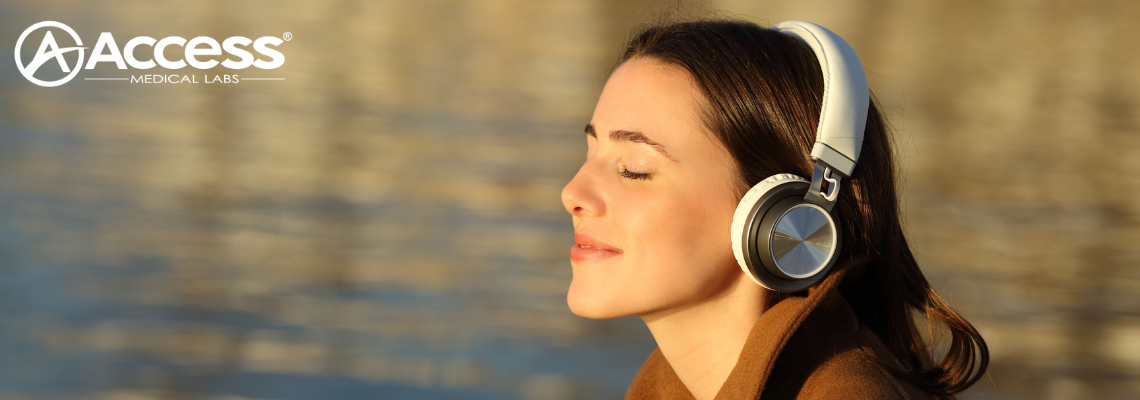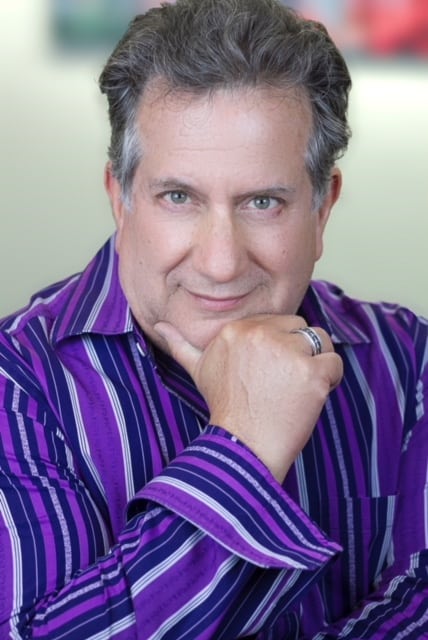
What is the Best Natural Treatment for Seasonal Depression?
- February 16, 2024
Seasonal affective disorder (SAD), also known as seasonal depression, affects millions of Americans every year. Often beginning in young adulthood, SAD brings fatigue, hopelessness, and other symptoms of depression. While SAD is prevalent in winter and fall, symptoms can persist for as much as 40% of the year.
Due to its transience, patients and practitioners alike may be tempted to dismiss SAD. However, seasonal depression can significantly reduce your patients’ quality of life. Often, ignored SAD symptoms affect a patient’s ability to complete daily tasks.
Causes of SAD
As days shorten leading up to and throughout winter, SAD prevalence increases. The exact mechanism of SAD remains unknown. However, studies point to a decrease in serotonin due to a lack of sunlight, which stimulates serotonin production via the retina and the skin. Alongside genetic predisposition, common risk factors include climate and latitude. Certain professions with limited sun exposure, such as desk jobs, may be at greater risk for SAD or experience more severe symptoms.
Serotonin reuptake inhibitors for SAD treatment are widely available. Still, side effects and similar concerns are pushing an interest in alternative remedies. More and more patients are seeking holistic treatments for conditions like SAD. As the literature for holistic mental illness treatment expands, it reveals promising evidence for natural SAD management. Integrating and monitoring natural treatments is key to contemporary care for seasonal depression.
Vitamin D Supplementation
Given the role of serotonin in seasonal depression, it’s unsurprising that vitamin D has remained a subject of interest. Vitamin D plays a crucial role in the synthesis of serotonin—and sun exposure is a significant source of its production. Reduced sunlight during the winter is reflected in a drastic drop in vitamin D levels. The subsequent reduction in serotonin reflection contributes to depressive symptoms. A recent review confirmed the association between vitamin D deficiency and the risk of depression.
Particularly when paired with high-fat foods, a vitamin D-rich diet may work to reduce depressive symptoms. As a natural approach to SAD, consider integrating goods with high levels of vitamin D. Encourage patients to increase consumption of mushrooms and fatty fish for increased vitamin D production.
However, few foods are naturally rich in vitamin D. Alternative supplementation may be more effective for improving SAD symptoms. One study involved 15 subjects with SAD. At the onset of the study all participants were assessed via the Hamilton Depression scale, the SIGH-SAD, and the SAD-8 depression scale to baseline their level of SAD. Then, 8 participants received a one-time dose of 100,000 I.U. of Vitamin D, whereas the other 7 participants received phototherapy treatment throughout the study. After one month, subjects who received the dose of Vitamin D improved on all levels for SAD symptoms, whereas the phototherapy group showed no significant change on the depression scale.
Light Therapy
Light therapy is a non-invasive method proven effective for managing several disorders. SAD treatment is one of many applications of light therapy. Of the natural treatments for seasonal depression, light therapy may be one of the most well-researched. Several landmark studies highlight light therapy as a reliable method for managing SAD.
In one study, one month of light therapy resulted in significant improvement in depressive symptoms for 54% of patients. Each of these patients experienced at least a 50% reduction of SAD symptoms. Another study examined the effects of daily light therapy for 16 patients. After only two weeks, patients with SAD experienced a decrease in evening fatigue and other depressive symptoms.
Like vitamin D, light therapy may enhance the production of serotonin. There’s an emerging correlation between light therapy and a decrease in serotonin transporters (SERT), a protein responsible for terminating serotonin signaling. In a placebo-controlled environment, healthy volunteers underwent light therapy during the winter. Non-placebo subjects underwent light therapy 5 times a week. After the completion of the study, each patient was tested for SERT. During the winter and fall, patients commonly show higher levels of SERT. However, those who underwent light therapy showed a significant reduction of SERT. This indicates light therapy’s promise for increasing serotonin production for SAD patients.
Exercise
Physical activity has remained at the forefront of natural treatments for mental illness. It’s been shown to have a significant effect on anxiety, depression, and bipolar disorder. While limited, the available research on the effect of exercise on SAD is promising. Evidence shows that exercise may produce a therapeutic effect similar to that of light therapy. One study compared the effects of physical exercise on three groups: subjects with SAD, subjects with non-seasonal depression, and healthy subjects. Compared to the other groups, those with seasonal depression experienced a greater increase in oxygen. They also showed a remarkable reduction in SAD symptoms. Additionally, recent evidence shows that those who take part in intensive exercise are less likely to have seasonal disorders.
Exploring Natural Treatments for SAD
Responses to treatment will vary across patients. Climate and diet, among other factors, may influence which natural treatment is most effective. To provide the best care, it’s important to develop a personalized patient plan. That’s why reliable, patient-specific data remains invaluable.
Access Medical Labs offers microscopic data through high-quality testing. Our wellness screening tests include vital markers for your patients’ wellness. We offer:
With results within 48 hours, our tests allow you to adjust your approach throughout the season. Each of our panels is completely customizable, allowing you to select the most important markers for your patient care. Explore more from Access Medical Labs.
More About Dr. Ghen

Mitchell Ghen, DO, Ph.D. has 33 years of experience in Anti-Aging and holistic and integrative medicine. Along with his work in nutritional medicine, “Dr. Mitch” has a remarkable amount of experience as an expert clinician and researcher in the field of stem cell transplantation.
In addition to being a physician, Dr. Mitch holds a Master’s Degree in Biomechanical Trauma and has a Ph.D. in nutrition and psychoneuroimmunology. He is an international lecturer on oral and IV nutrition and stem cell transplantation and is recognized as one of the premier teachers at conferences and seminars on integrative medicine. His private practice is in Boca Raton, Florida.
Dr. Mitch’s vast academic knowledge, coupled with his entertaining delivery, makes him one of the most sought after personalities in his field. Currently, he is a medical director for several Natural Medicine companies and a consultant for physicians worldwide, teaching them how to implement integrative medicine into their practices.
He is the co-author of four textbooks including the “Advance Guide to Longevity Medicine,” “The Ghen and Raine’s Guide to Compounding Pharmaceuticals,” “The Anti-Aging Physicians’ Handbook for Compounding Pharmaceuticals,” and “The Essentials and Science of IV Parenteral Medicine.”